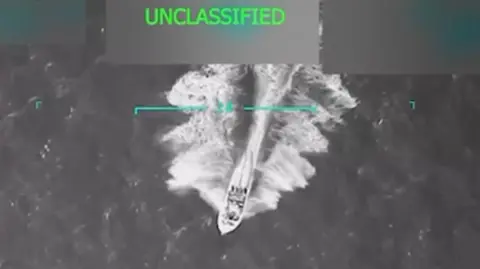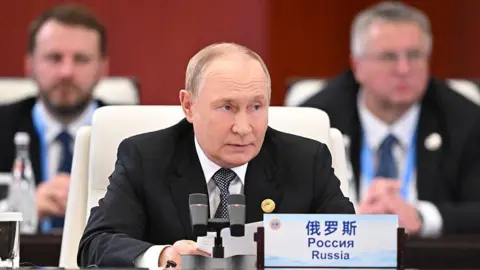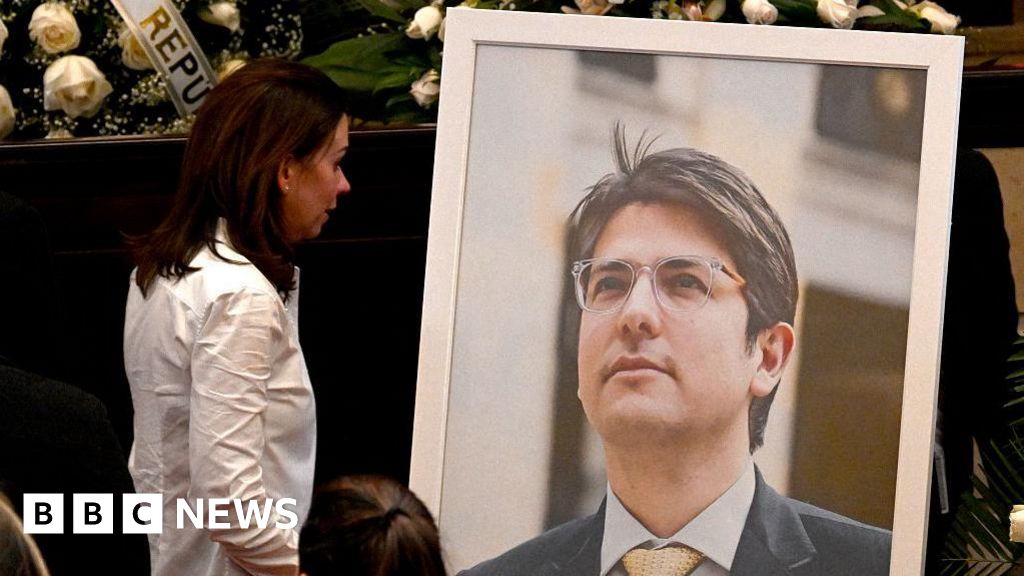The United States has officially named Colombia as a country that has 'demonstrably failed' to uphold its obligations to control drug trafficking.
Each year, the US government formally certifies whether several countries are fully cooperating with US-led counternarcotic efforts, and those which are found wanting risk having their US funding cut.
On Monday, the Trump administration stated that cocaine production in Colombia had surged to all-time high records under President Gustavo Petro, a claim the Colombian leader has denied.
Despite the designation, the US has opted not to cut off aid, citing 'US national interests' as a reason for their decision.
Other countries that have been classified as non-compliant include Afghanistan, Bolivia, Myanmar, and Venezuela. Colombia's designation marks the first time since 1997 that it has been added to this list.
Relations between Petro's left-wing government and the Trump administration may worsen following this announcement. Petro responded to the US's claims by stating that the rise in coca cultivation and cocaine production occurred during the previous government of Iván Duque (2018-2022).
A United Nations survey indicated a 10% rise in coca bush cultivation in 2023. Current estimates for 2024 are expected next month, further raising questions about the effectiveness of current policies.
The Trump administration attributed the failure to Petro's peace negotiations with armed groups that reportedly finance their operations through drug trafficking.
According to a presidential determination submitted to Congress, the blame for Colombia's inability to meet drug control obligations rests solely with its political leadership.
However, the US did leave open the possibility of recertifying Colombia if it takes more aggressive action to eliminate coca cultivation and reduce cocaine production.
Amidst these developments, President Trump has reaffirmed the US commitment to combating 'narco-terrorism,' announcing recent military actions against drug vessels linked to these groups.





















